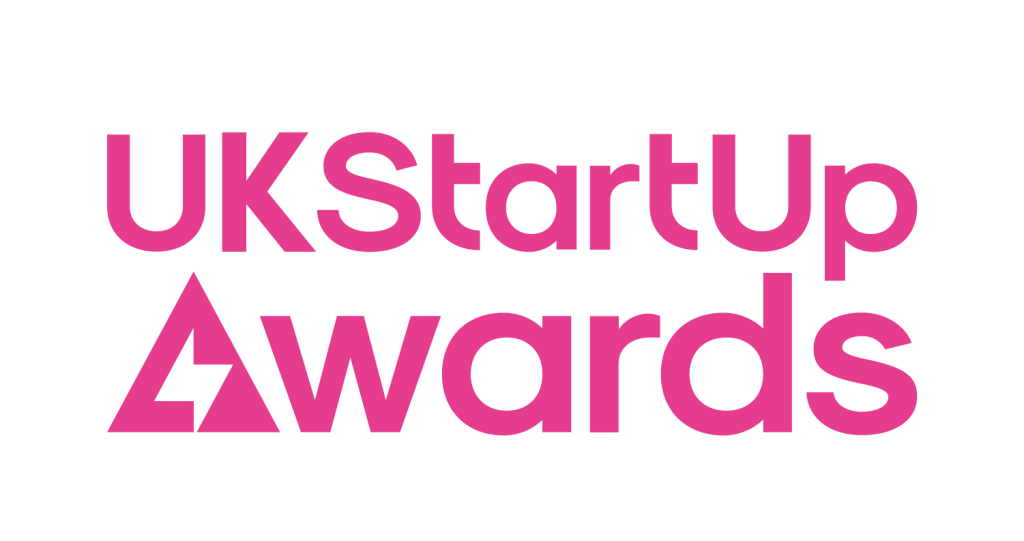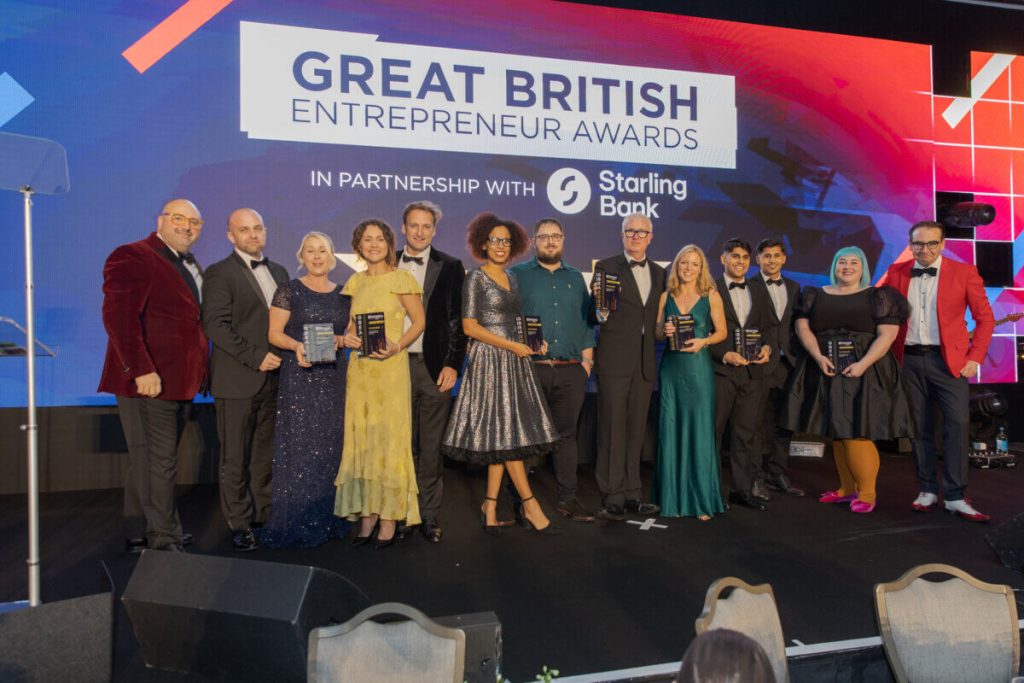Prior studies have tended to show that women have traditionally lagged men in terms of entrepreneurial activity across the world. However, the recent Rose Review Progress report suggested that female entrepreneurship is on the rise in the UK, with 145,200 all-female-led incorporations in 2021, up from 56,200 in 2018. This represents an average year-on-year growth of 37% per annum, resulting in a record 20% of new firms now being led by women.
The Ambitious UK Start-Ups Report, sponsored by Starling Bank, draws from data gathered from 1,219 applicants for the 2023 UK StartUp Awards which recognise the best new firms across the UK.
It finds that women are involved in half of the start-up firms in the study, either as individual founders, an all-female team, or as part of a mixed-gender team. This reflects other findings on closing the gender gap, which are beginning to be addressed at a policy level in several countries. For example, the Women-led High-Growth Enterprise Taskforce was established to support the UK Government’s overall target of increasing the number of women-led high-growth businesses by half by 2030, with a particular focus on driving change in the provision of growth capital.
Female Entrepreneurship and Venture Finance
In the world of start-up financing, formal and informal venture capital can help transform ideas into impactful enterprises. Yet, a range of studies have shown that women are failing to get their fair share of both angel funding and venture capital; the results of this study confirm this.
In terms of businesses that have attracted angel investment, the study shows that 60% were started by male founders, 20% by mixed-gender team founders, and 20% by female founders. Similarly, 59% of start-ups in receipt of venture capital have been initiated by male founders, 28% by mixed-gender team founders, and only 14% of venture-capital-backed firms were started by female founders.
While the study has examples of female founders in sectors such as medtech and fintech receiving funding from angels and venture capital funds, it confirms that gender inequalities continue to prevail in the entrepreneurial ecosystem, a finding that has been identified in a range of research studies and recent reports, such as the Rose Review. While both angel funding and venture capital can signpost the confidence of strategic investors in start-up business models and open doors to influential networks, mentorship, and further funding opportunities, they seem disproportionately inaccessible to women entrepreneurs in the UK.
Broader Societal Biases
While all entrepreneurs face significant challenges, the barriers that deter women from accessing external funding often reflect broader societal biases and stereotypes enmeshed in our culture. For example, there is a prevailing bias towards the ‘typical entrepreneur’ image, which often defaults to a male stereotype and this unconscious bias can seep into the evaluation of investment proposals, potentially being disadvantageous to women founders. The venture capital world also tends to be male-dominated, which can make it harder for women to penetrate these networks, find mentors, and establish the necessary relationships to secure venture capital funding. Finally, there is a belief that investing in female-led start-ups leads to higher risk, which, when influenced by unhealthy stereotypes, amplifies the barriers already confronted by women founders when accessing external capital.
Increasing the representation of women in venture capital firms
Addressing and overcoming these entrenched biases isn’t merely an issue of fairness but an economic imperative that would unlock new investment opportunities and foster diversified innovation. Through awareness and education, dialogue can be encouraged about the value of diversity in entrepreneurship, and the venture capital ecosystem can motivate adjustments in how potential investments are assessed.
One potential solution in addressing these issues is by increasing the representation of women in venture capital firms. This can lead to a more diversified viewpoint, which, in turn, has the potential to curate more balanced investment decisions. In fact, a recent study by INSEAD academics Kaisa Snellman and Isabelle Solal shows that women may benefit most from gender-diverse investment teams, as it allows them to leverage the support and relatability of a female investor, while the backing of a male champion ensures that a woman’s own competence remains the most plausible explanation for her success.
Policymakers can also implement policies and frameworks that promote gender diversity and transparency in venture capital firms, exerting pressure on the entire industry to change. For example, the Rose Review has committed to growing the pool of female angel investors from 14% to 30% of the total number of UK angels by 2030 through the work of the Women Angel Investment Taskforce.
Therefore, as modern entrepreneurship continues to evolve, it is necessary to continually assess and address gender disparity in access to resources, including angel funding and venture capital. By acknowledging this and tackling the issue head-on, a more inclusive entrepreneurial landscape can be engendered, pushing boundaries and supercharging entrepreneurial potential regardless of gender.


























